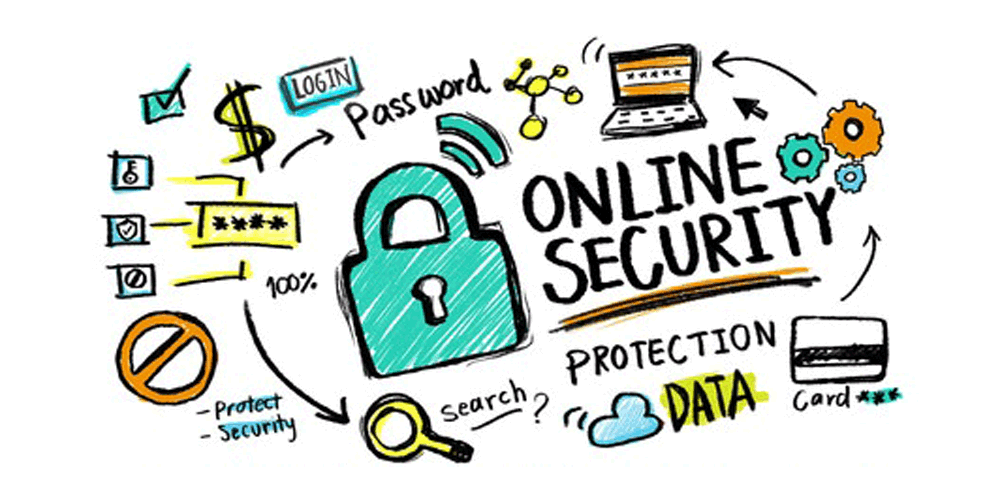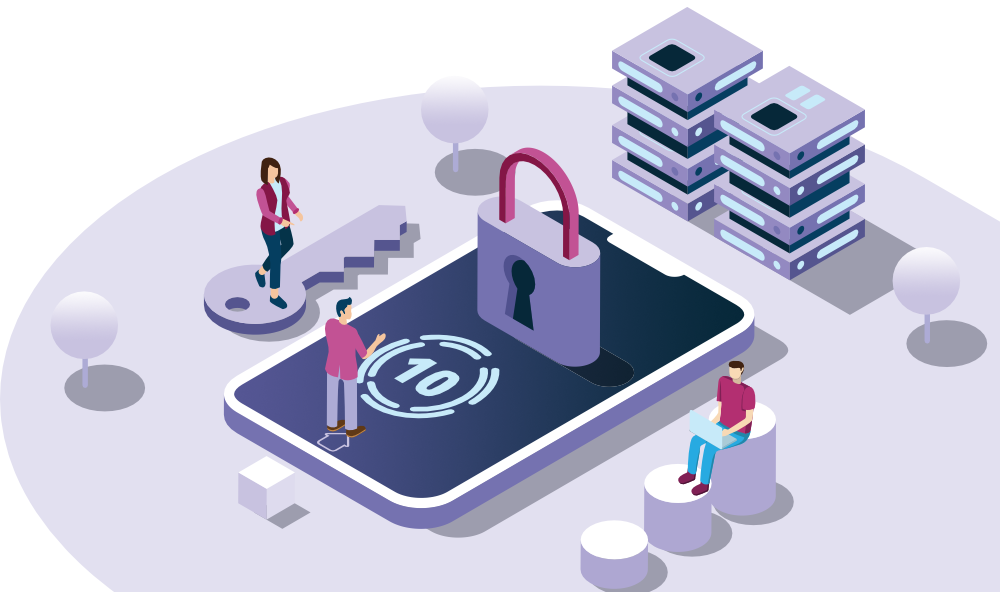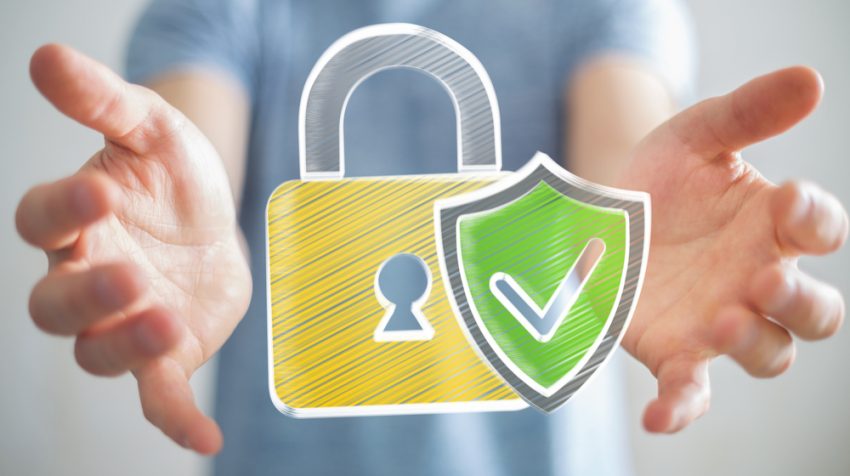Table of Contents
This article from NT International Law Firm aims to help you protect your online privacy. In the fast-paced digital age, the internet has become a ubiquitous platform where individuals can build and curate their online personas. From sharing knowledge and expressing talents to fostering connections, we willingly reveal facets of ourselves on websites, social media, and countless applications. Yet, amidst this open digital embrace, a critical question emerges: can online visibility coexist harmoniously with privacy? Can we truly shine in the digital realm while safeguarding our personal information?

How To Protect Your Online Privacy in Vietnam: A Comprehensive Guide
The legal landscape
Understanding the Vietnamese legal landscape surrounding online privacy is the first step towards achieving this crucial balance. The 2013 Constitution and the 2018 Law on Cybersecurity, alongside Decree 13/2023/ND on the Protection of Personal Data, form the bedrock of legal protection. These regulations affirm the right to privacy and the right to personal data protection, and they impose obligations on individuals and organizations to collect, use, and share personal information in a lawful and ethical manner.
The threats
Despite these legal protections, there are still many threats to online privacy in Vietnam. These include:
- **Unwanted data collection: Websites, applications, and other online entities may collect personal information from users without their explicit consent. This information can then be used for a variety of purposes, including targeted advertising, identity theft, and even blackmail.
- **Data misuse: Even if personal information is collected with the user’s consent, it may be used in ways that the user did not anticipate or approve. For example, a company may use a user’s contact information to send unsolicited marketing messages.
- **Data breaches: Security vulnerabilities can allow unauthorized individuals to access personal information that has been collected and stored online. This can lead to identity theft, financial fraud, and other serious consequences.
- **Government surveillance: The Vietnamese government has been criticized for its use of surveillance technologies to collect personal information from citizens. This surveillance can pose a serious threat to freedom of expression and privacy.

How to protect your online privacy
How to protect your online privacy
There are a number of things that individuals can do to protect their online privacy in Vietnam. These include:
- **Be selective about what information you share: Only share personal information that is necessary for the purpose at hand. Avoid sharing sensitive information, such as your social security number or bank account information.
- **Read privacy policies carefully: Before providing personal information to a website, application, or other online entity, carefully read the privacy policy to understand how your information will be collected, used, and shared.
- **Use strong passwords and security measures: Use strong passwords for all of your online accounts, and change them regularly. Also, install and use reputable antivirus and firewall software to protect your computer and devices from malware and other online threats.
- **Be aware of the risks of social media: Social media platforms can be a treasure trove of personal information for cybercriminals. Be careful about what information you share on social media, and only connect with people you know and trust.
- **Know your rights: Understand your rights under Vietnamese law, including your right to access, correct, and delete personal information.
What to do if your privacy is violated
If you believe that your online privacy has been violated, you should take the following steps:
- **Gather evidence: Collect as much evidence as possible of the violation, such as screenshots, emails, and other documentation.
- **Report the violation: Report the violation to the website, application, or other entity that collected your personal information. You can also report the violation to the Vietnamese Ministry of Information and Communications.
- **Seek legal help: If the violation is serious, you may need to seek legal help from a lawyer specializing in data protection law.
By taking these steps, you can help to protect your online privacy and ensure that your personal information is used in a safe and responsible manner.

NT International Law Firm is Here to Help You
NT International Law Firm is Here to Help You
NT International Law Firm has addressed the question of how you can protect your online privacy. If you have any further questions or concerns regarding civil law, please contact our law firm immediately for expert legal advice.
If you require any legal assistance, please feel free to reach out to us via phone at 090 252 4567 or through email: info@ntpartnerlawfirm.com. At NT INTERNATIONAL LAW FIRM, our team is committed to offering you prompt and personalized advice.
You also might be interested in:
“The article’s content refers to the regulations that were applicable at the time of its creation and is intended solely for reference purposes. To obtain accurate information, it is advisable to seek the guidance of a consulting lawyer.”

LEGAL CONSULTING SERVICES
090.252.4567NT INTERNATIONAL LAW FIRM
- Email: info@ntpartnerlawfirm.com – luatsu.toannguyen@gmail.com
- Phone: 090 252 4567
- Address: B23 Nam Long Residential Area, Phu Thuan Ward, District 7, Ho Chi Minh City, Vietnam
